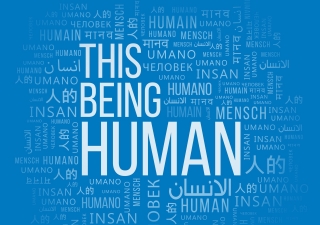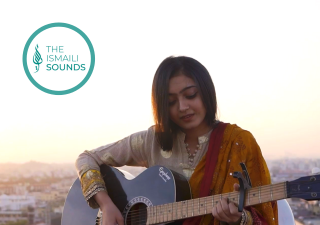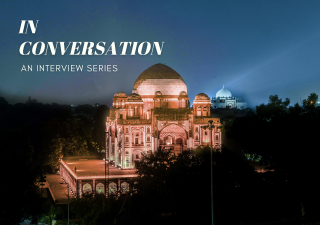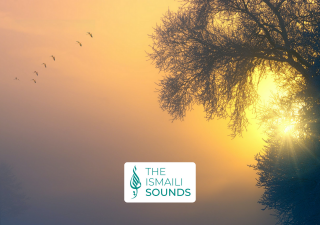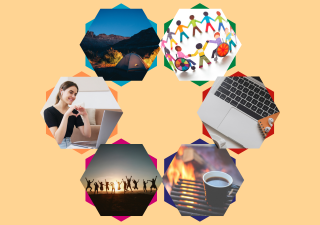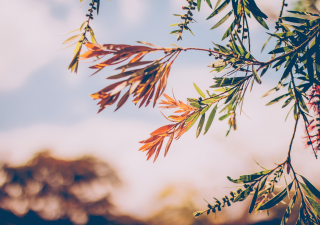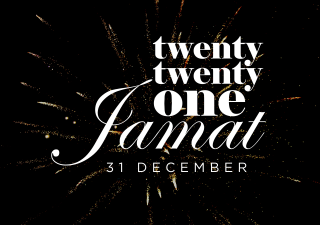What's New
A pioneering new arts and culture podcast launched by the Aga Khan Museum showcases extraordinary stories and people from across the kaleidoscope of Muslim experience.
This week, The Ismaili presents an acoustic rendition of Allahuma Salli Aala, performed by Amisha Lakhani in India. Originally written and composed by Khairunissa and Fez Meghani in the United States, the song was first released during the Golden Jubilee, and has remained popular ever since.
The Ismaili is pleased to publish an interview with Shiraz Allibhai, Deputy Director of the Aga Khan Trust for Culture. As part of a series of conversations with key figures, Mr Allibhai discusses the positive impact of culture and its development potential, and humanity’s shared responsibility to preserve heritage.
The phrase, Log kya kahenge meaning ‘what will people say,’ highlights a mindset within South Asian communities about the way people act, hold expectations, or even choose to participate in programs. This mindset has also been a contributing roadblock for many people when talking about and seeking out mental health support.
The Ismaili is pleased to present a recent rendition of Ali Antar Ma Mara, a well-loved Gujarati geet, made popular at the time of Mawlana Hazar Imam’s Silver Jubilee.
Since the beginning of time, people have handed down knowledge and lessons from one generation to the next in the form of stories. The novelist Haruki Murakami once said that “Stories lie deep in our souls. Stories lie so deep at the bottom of our hearts that they can bring people together at the deepest level.” For one young member of the Jamat in the Far East, continuing this centuries-old tradition is of crucial importance.
Sensitive to the needs of our young Jamat in a time of uncertainty, and in the absence of regular in-person camp offerings, the virtual Mosaic camp was an example of innovation and dedication from a small group of volunteers in the UK, looking to inspire and educate leaders of the future.
Welcome to The Ismaili Magazine 2020: A Year of Extraordinary Service. This digital magazine provides a whistle-stop tour across continents, highlighting the various programmes, initiatives, and events organised by AKDN and Jamati institutions around the world over the past 12 months.
With optimism and hope for a new beginning, and as we all think about our resolutions for the new year, The Ismaili would like to share with you 21 Goals for 2021!
With a nod to each one of our 21 Ismaili Council jurisdictions across the globe, and inspired by our 20 Goals for 2020, we hope we can resolve to accomplish them all together.
Happy New Year!
It is tempting to think that we can just leave 2020 behind and look ahead to a fresh new year. However, this might be short-sighted. The bigger picture suggests that collectively, we have never learned so much in such a short space of time — about the world, about each other, and about ourselves. It would be wise to hold on to these lessons, as we may soon need to put them into action...
Since Navroz this year, every special occasion in 2020 has been celebrated quite differently to what we are used to — and this New Year’s Eve will be no different. With many stuck at home and large gatherings prohibited around the world, The Ismaili TV is pleased to provide the opportunity to celebrate the start of 2021 as One Jamat — in your very own home.
The Ismaili is pleased to present Ya Rehman Ya Raheem, performed by Faisal Amlani in Australia. The song’s lyrics reflect back on the tumultuous year we have experienced, calling on the Almighty to resolve our collective difficulties and lead us to calmer times.

